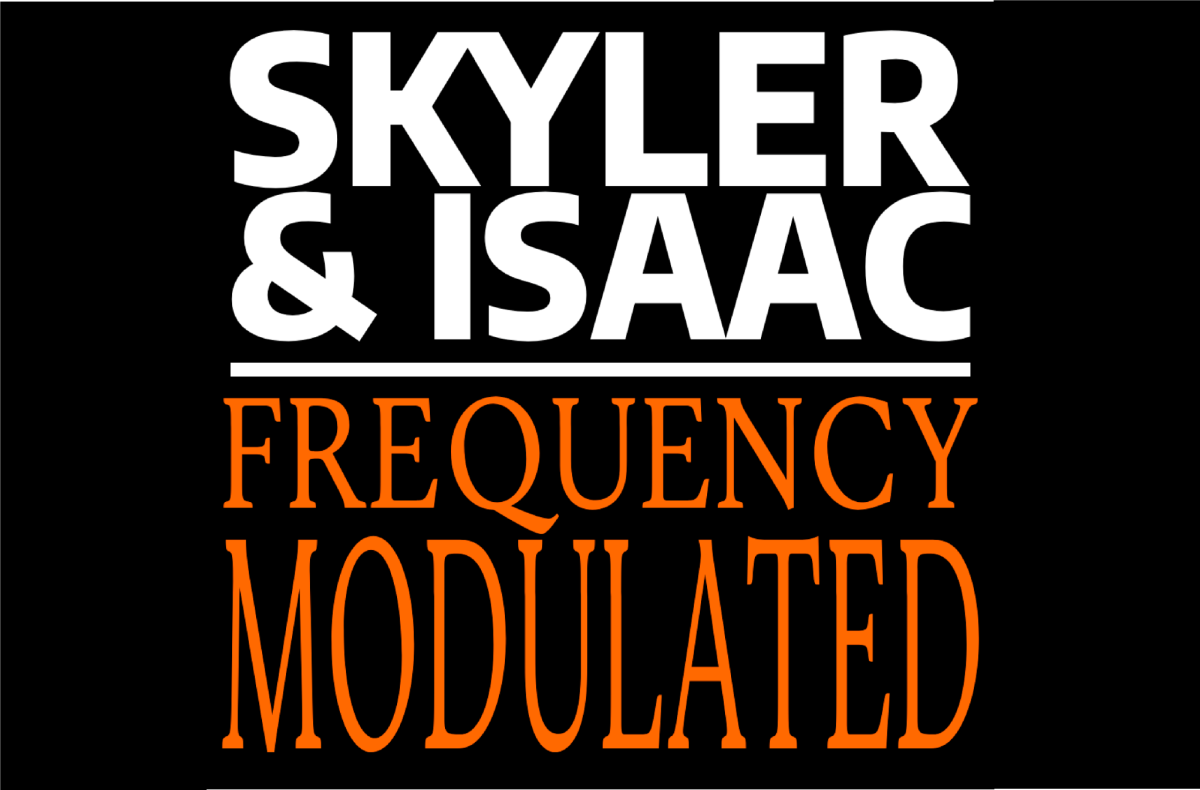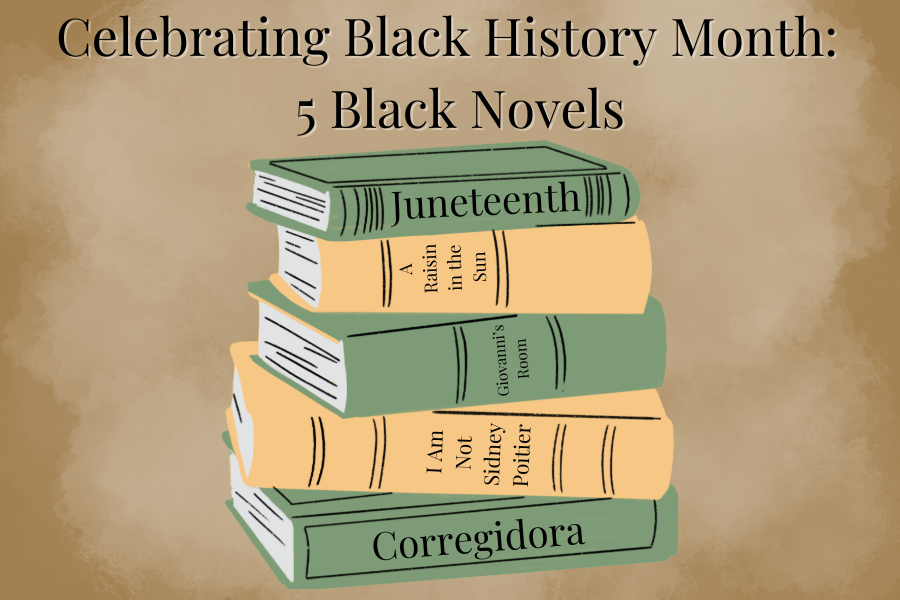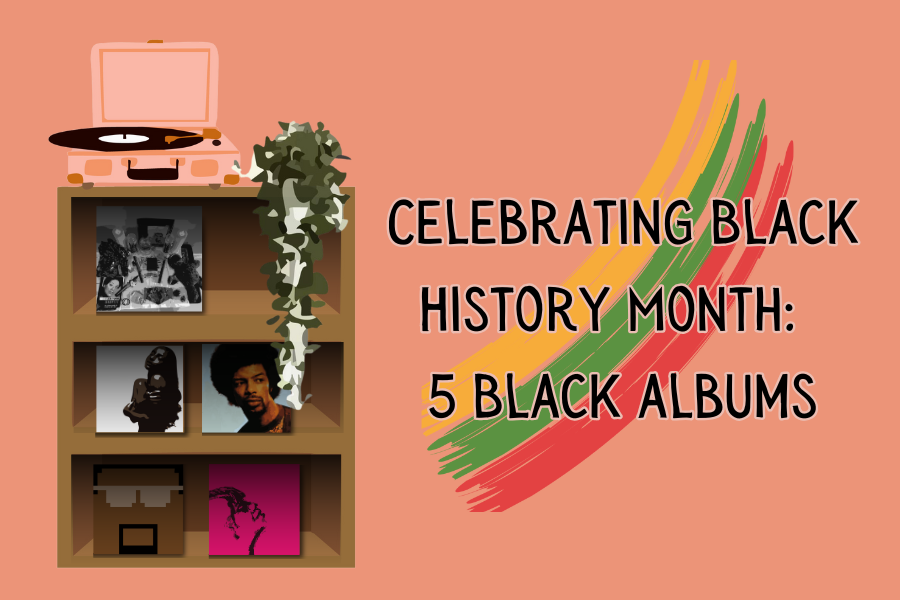Just like St. Patrick’s Day, Oktoberfest and the Chinese New Year, Cinco de Mayo, on the fifth of May, is a day to celebrate the culture and experiences of an ethnic group.
“Cinco de Mayo is actually celebrated more in the United States than in Mexico,” Assistant Professor of Spanish James Diego Frazier said.
A common misconception in the United States about Cinco de Mayo is the holiday is the anniversary of Mexico’s independence from Spain. In actuality, it is the celebration of a Mexican victory over the French army at the Battle of Puebla.
While this battle was not extremely important in the entire war, because the Mexicans were so outnumbered by the French, they gained a lot of confidence from this victory.
In fact, many historians describe this battle as a Mexican David defeating a French Goliath.
“I think most people have a basic understanding of what Cinco de Mayo really is,” freshman Nancy Delgado said. “In Emporia, they have a Cinco de Mayo celebration that’s similar to the Maple Leaf Festival in Baldwin City.”
Delgado said the festivities usually include dancers, games and vendors, but the more important and more widely recognized Mexican celebrations take place on Sept. 15 and 16, Mexico’s Independence Day.
“I really love the culture and language and traditions,” Delgado said. “It’s like a big, town fiesta.”
While Cinco de Mayo is primarily a regional holiday in the state of Puebla, it’s also a chance for Americans of Mexican ancestry to celebrate their heritage in the United States.
“I think perhaps many Mexican-Americans recognize this day, and also the Fourth of July, as a way to celebrate both sides of their heritage,” Frazier said.
Carlos Miranda, a senior from Puerto Rico, said other Latinos also recognize the holiday, even if they are not of Mexican descent.
“We really don’t celebrate it emotionally or nationally, but it is a day where the youth usually goes out and has a good time,” Miranda said.
In Mexico, schools might have parades to celebrate the day, or there might be ceremonies in public squares.
However, for non-Mexicans, the day has often come to have a different and less significant meaning.
“I do think that in the United States it has become more of a commercial holiday,” Frazier said. “An excuse for stores to have sales or restaurants to have specials.”







